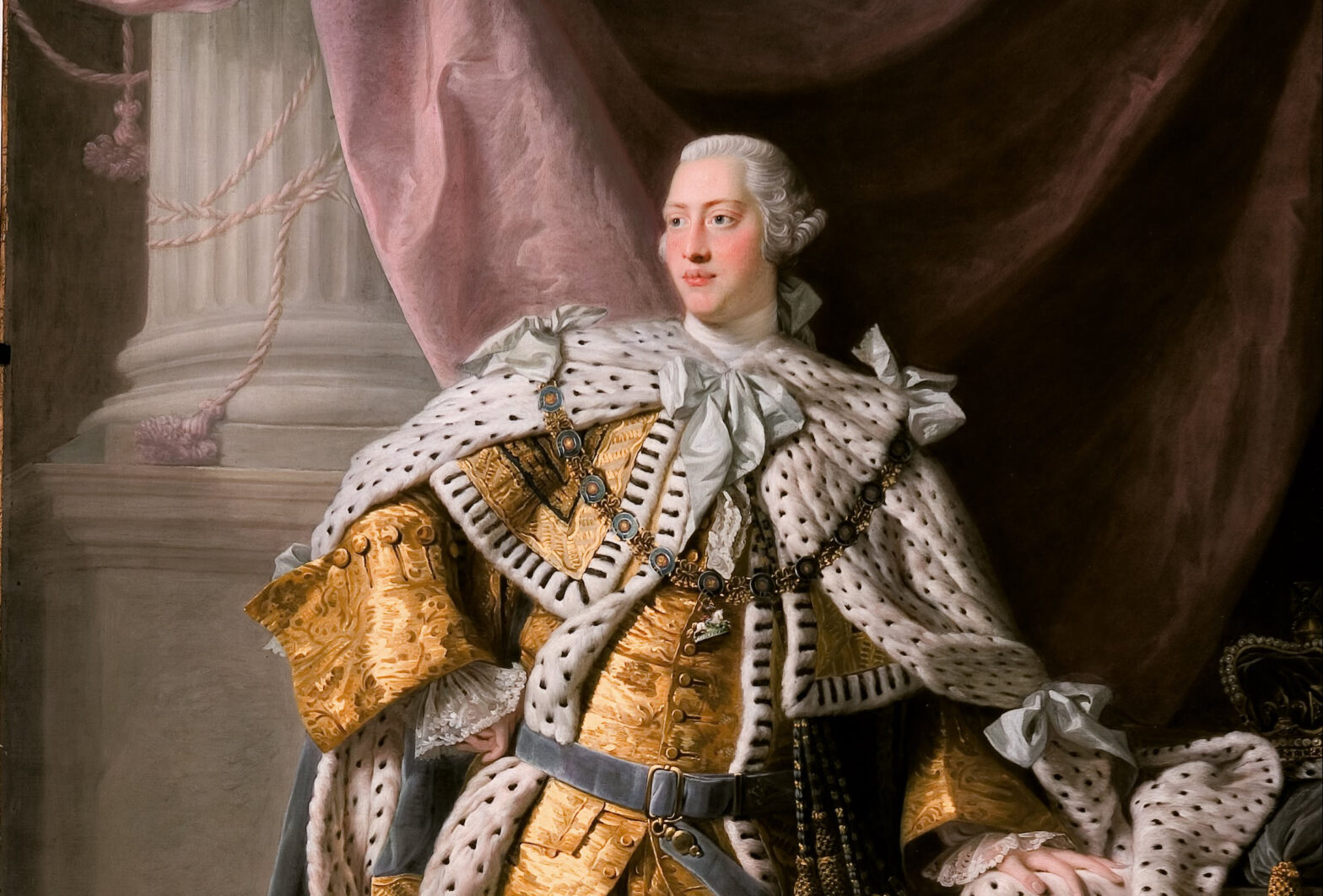On NPR's Morning Edition this morning, there was a profile of Iowa’s senior Senator, Chuck Grassley, the new chairman of the Senate Judiciary Committee.
The segment played a quote by Grassley from a campaign or fundraising speech, where he railed against the president, tyranny, and how our Constitutional system of checks and balances was designed specifically to counter tyrants like George III — “We remember George III, one person telling 13 colonies what they could do or not do.”
And the historian in me went, “Wait? What?”
I recognize that’s the mythology of the American revolution — thirteen colonies rebelling against the tyranny of George III — but that’s not the reality at all. The colonists, from the Intolerable Acts onward until the Declaration of Independence, were careful to make clear that their problem was with Parliament, not the King. If the colonists had a problem with George III, it was that he signed into law the acts of Parliament that they didn’t like or felt targeted them, such as the Stamp Act and the Intolerable Acts, into law, not that he was acting like a tyrant. Even the Declaration of Independence can be read as a plea to the King to check the excesses of Parliament and a complaint that he hasn’t done so. Frankly, George III didn’t treat the rebellious colonies any differently than he would have Scotland or Ireland if they had rebelled in 1775 or how Abraham Lincoln treated the Confederacy when they rebelled in 1861.
George III gets a bad rap from Grassley. It’s an undeserved rap. The man was no tyrant.
